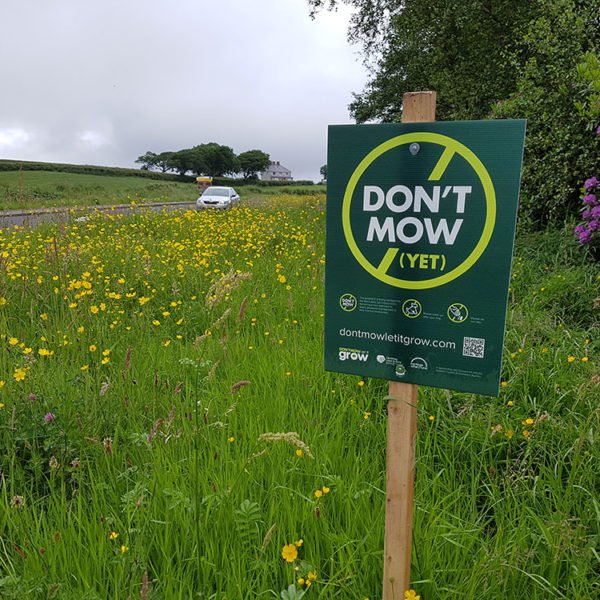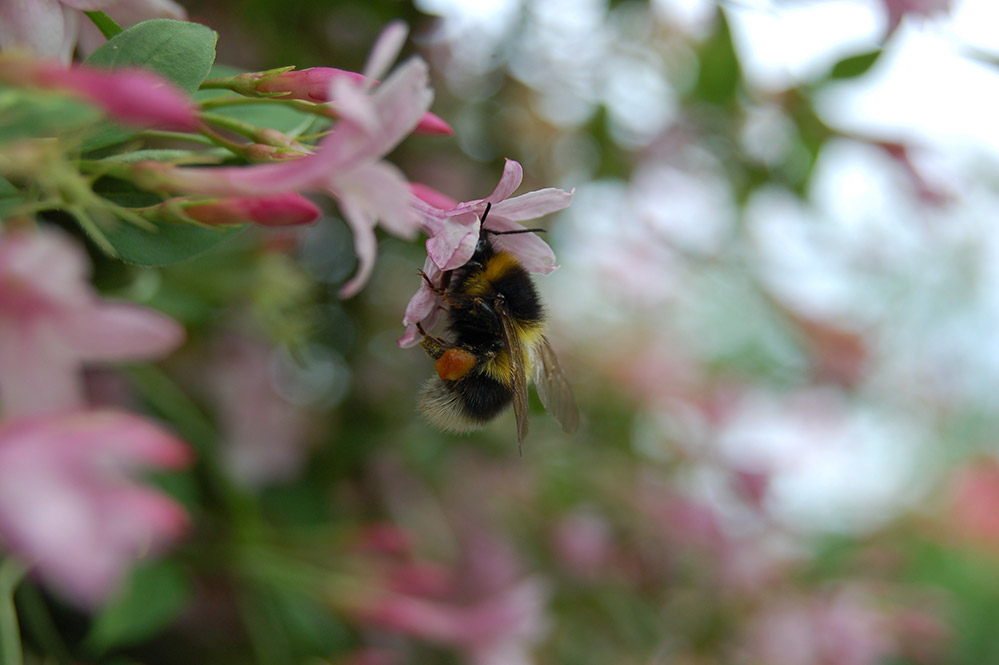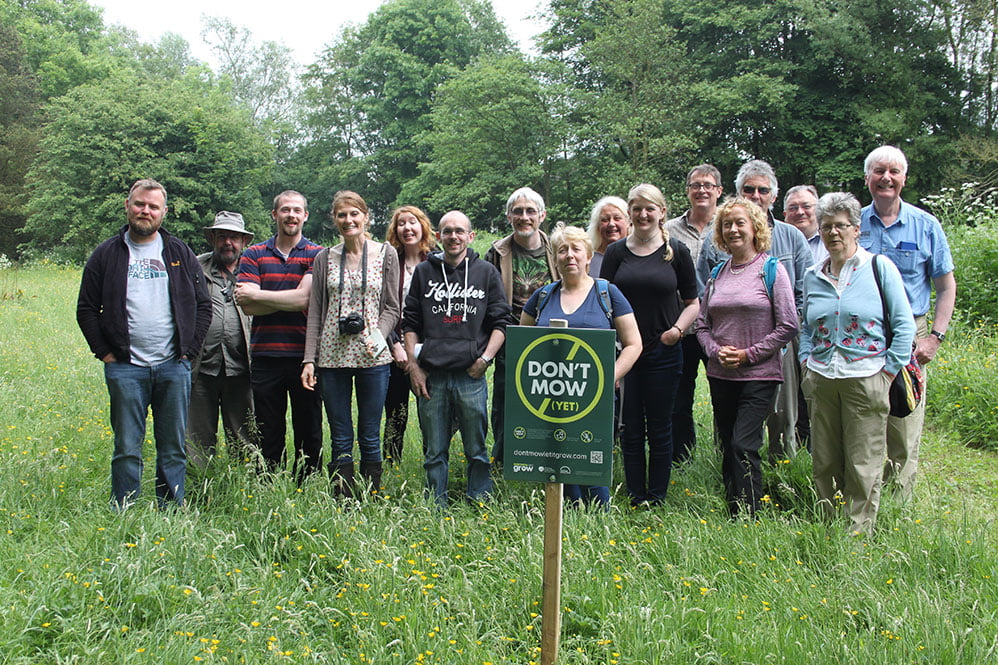
“A wonder product the world can’t live without”. That’s the tagline from a clever advert this week by Rowse honey. Important to Rowse but important to us all and the people living and visiting the Causeway coast agree.
Honey bees tend to be in managed in hives, but humans can’t live on honey alone. If all the bees were to become extinct, humans would only be a matter of years behind them.
One-third of bee species are already extinct.
Whether it’s the apple we snack on or the tomato on our pizza, we need bees and their friends.
Every third mouthful of what we eat is thanks to wild pollinators. Our food relies on wild pollinators such as all the other types of bees, plus butterflies, hoverflies, moths, and insects. They are declining and their habitat is declining.
Irene Hoffmann, who is leading the study for the Food and Agriculture Organisation of the United Nations into the use of too many pesticides has said, “It’s frustrating and sometimes it’s frightening. The situation is dire, but there are ways to solve it.”

And the public agrees.
The idea behind Don’t Mow, Let It Grow several years ago, and the team working on it for the last three years knew they could make a difference to the pollinators. Council and Roads Service maintenance knew a managed process of cutting and lifting only at key times, could be integrated into their schedules and enable their ever-thinning resources to be utilised elsewhere. They also knew there could be benefits made, by identifying and better managing invasive species such as Japanese Knotweed.
Children in schools were introduced to the pollinators and the principles of biodiversity corridors. They learned that they could make a difference by letting natural grass and wildflowers flourish in their schools and gardens.
Even after only one year of the project, over 20% of respondents had made it clear that seeing the flowers and wildlife that grow and live in the longer grass had positively changed their opinion on the project.
But what did the general public think?
A public perception survey was undertaken at the end of each year and the results collated and analysed by EFTEC (a London based research company which applies environmental economics to public policy).
The results have been quite consistent across the three years and the number of participants each year has increased with over 1000 people taking part.

Almost everyone (98%) felt it was important to manage areas for wildlife and 95% agreed increasing the quality of local green space makes an area a more desirable place to live.
In fact, in this the year that Portrush will host the world’s biggest and oldest golf Championship, The Open, (the one place short grass is a necessity) it is great news to have 83% of people prefer long grass and 81% of people say the quality of green spaces influenced their decision to visit an area.
Tickets for The Open on Championship days are sold out and with the millions visiting every year, the Causeway Coast has no shortage of international tourists. But keeping the towns and glens as a primary destination for day-trippers and weekend escapes can benefit from luscious, colourful meadows, verges and open spaces.
All great news for the other Councils and private landowners looking at the success of Don’t Mow, Let It Grow and adopting its principles and lessons learned.
Good news for the bees too.
The work doesn’t end with the 3-year pilot. Over 80% of people declared an interest in training for local volunteers about the native flowers and animals found in our grasslands. They also asked about training kits being accessible when the project is finished on how to best manage local grasslands.
Good news – a complete management toolkit for others to download, will be available on www.dontmowletitgrow.com in March.




